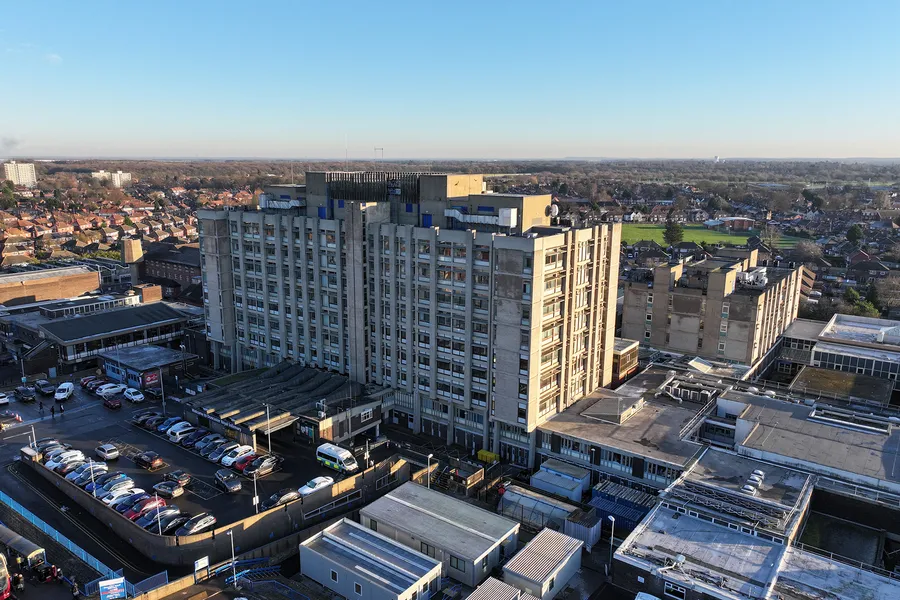In March, the Department for Energy Security and Net Zero announced a package of £100 million from Great British Energy for the NHS to install solar power and battery storage solutions to help drive down energy bills, offering better value for the taxpayer.
As part of this new funding, the Trust has been awarded £55,000 to install solar panels at Doncaster Royal Infirmary.
These new solar panel installation projects are expected to deliver savings of around £8.6 million a year nationally, and up to £260 million over the panels' lifetime across the NHS.
The project at Doncaster Royal Infirmary will see the installation of solar panels covering around 700 m2, generating approximately 55,000 kWh of energy every year. That’s the equivalent of powering two CT scanners for a year or boiling a kettle 500,000 times.
The project is due to commence this summer, expanding the Trust’s ability to generate clean renewable energy on site and reduce its carbon footprint in line with the NHS’s ambitious target to achieve Net Zero by 2040.
Sam Wilde, Chief Financial Officer and Board level lead for Sustainability at the Trust, said: “Obtaining this funding represents a significant step forward in our commitment to sustainability and energy efficiency. By investing in solar power, we are not only reducing our environmental impact but also making long-term financial savings that can be reinvested directly into patient care.
"This project is an exciting next step in our journey towards a greener, more sustainable future for Doncaster and Bassetlaw Teaching Hospitals."
Chris Gormley, Chief Sustainability Officer at NHS England, said: “Thanks to the dedication of teams nationwide, the NHS has already implemented hundreds of projects that enhance energy efficiency and drive significant cost savings.
“This groundbreaking new investment, across 78 NHS Trusts on around 200 sites, will expand solar power generation within the NHS by over 300%, slashing energy costs by hundreds of millions of pounds. These vital savings can be reinvested directly into frontline care, ensuring the NHS continues to deliver for our patients and communities."
The Trust has incorporated sustainability features within its latest infrastructure. All new buildings have been designed to incorporate energy saving technology, installing solar panels and heat pumps to rooftop areas. Lighting is activated through motion detection and heating is fully controllable within each clinical area.
For more information on the latest investments to the Trust's buildings, please visit: www.dbth.nhs.uk/improving-our-hospitals/


